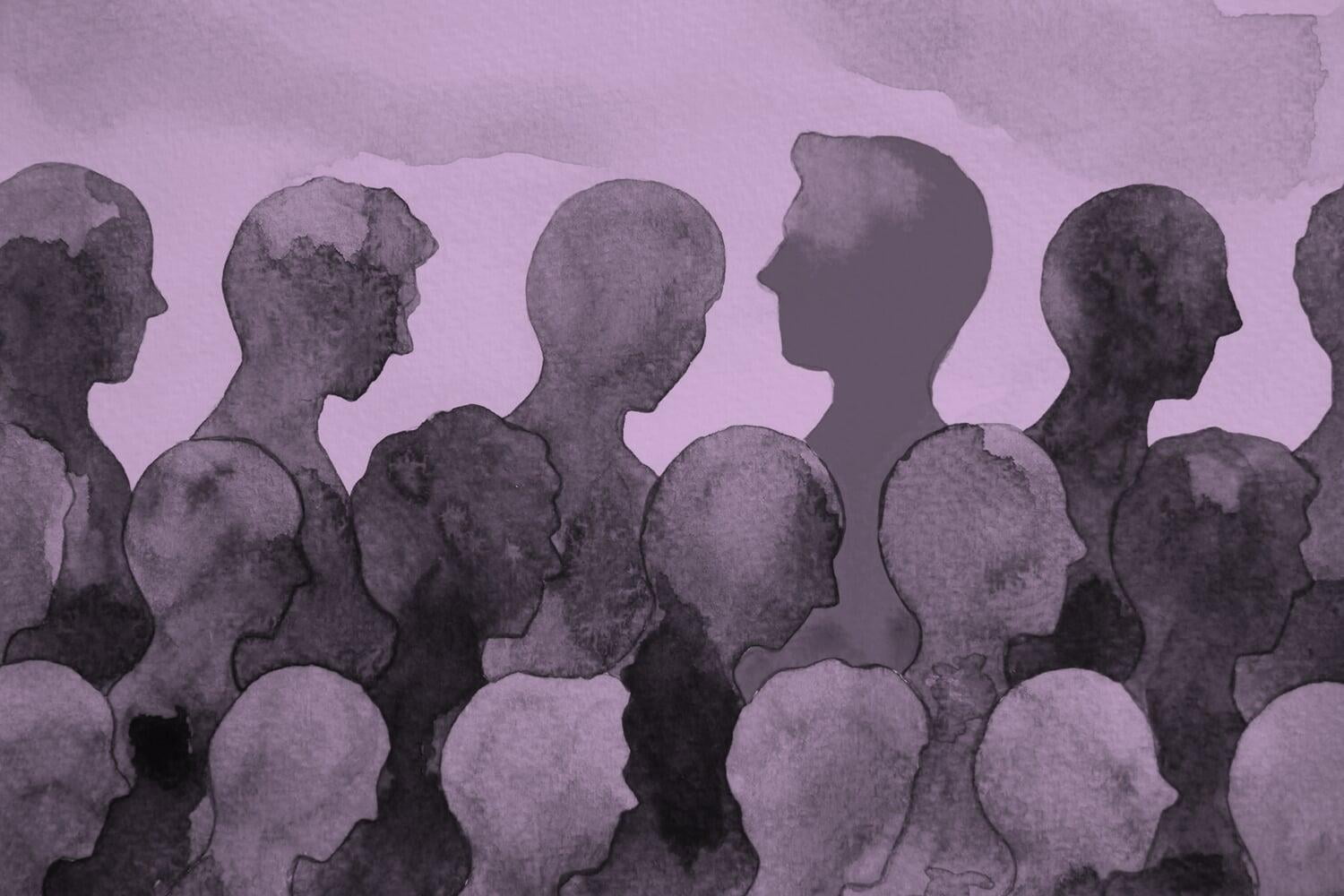The Pathway to Excellence | Work | Planning
Project Management
Project management is about making choices to build a plan to achieve a specific goal in a timely and resource-effective fashion. Many projects are limited in their time frame; others stretch out in phases that link one goal to another. All projects should, ideally, be linked to a central idea about what you are trying to achieve or a problem that you are trying to solve personally, socially, or professionally.

USING PROJECTS TO DEFINE AND ADD VALUES AND VALUE
There should be, therefore, a compelling rationale, a reason why you want to make this important thing happen. This reason needs to be part of a story of moving from yesterday to today to tomorrow. The value proposition that sits behind the “Why?” of a project will be critical to unite all of the people involved. After all, if you are going to commit yourself and your resources to doing something, you are better off knowing what you intend and the value that achieving this intention will bring to yourself, to others, to your organisation, and so on.
When you have considered the “Why?”, you will need to turn your attention to the “How?” and the “What?” and how you will share these with the members of the team and those whom they are serving. This begins with the vision behind the project (“Where are we going?”) and the vocabulary that we will use to describe the strategy (“How will we get there?”) and culture (“What is the way we will do things to help us get there?”) that you will put into place as a result of the project. Finally, you will need to determine the pace of change that will be used to bring about this – this is what will determine the expectations and standards for performance. It will also influence the values that will be honoured in the process during which this will be brought about. All of this can help to make a project fit for purpose, something of significance that will bring about a meaningful transformation in how you learn, live, lead and work individually or collectively.
"First, have a definite, clear practical ideal; a goal, an objective. Second, have the necessary means to achieve your ends; wisdom, money, materials, and methods. Third, adjust all your means to that end."
Aristotle
THE JOURNEY TOWARDS MASTERY: PROJECT MANAGEMENT
Project management skills include organising time, breaking down goals into tasks, allocating roles and resources, supervising and providing feedback, and reporting up, down, and sideways in an organisation. There are numerous approaches to this as well as modern project management digital technologies to help link workers to the task and each other.
The key to all of this is both structure and flexibility. You must know exactly what must be done, by whom, and when. This is the detail you need to understand your jobs and duties. You must know who will guide and advise us. At the same time, you must keep an eye on the broad picture so that you are able to evolve your plan and modify your efforts to account for human and other variables as your world and the people in it change.
You'll need to keep open lines of communication and consider how people express themselves while they work together. You will need to develop standards of behaviour to guarantee you know who you are (the civil character of belonging), how you operate together (the performance character of fulfilling potential), and the values you wish to defend (the moral character of doing of what is good and right). You will need to know how people will be paid, especially how much and when. You’ll need to keep them accountable and maintain the project under budget. You will need to know how to make decisions and obtain information to support those decisions. You will need to design processes that bring people together, help them manage their time better, and achieve the desired standard.
The following questions can help you to stay on top of your growth and development in project management:
- Am I able to relate the mission and vision of my organisation to the work of the project at hand and to help those around me understand and be energised by the connection?
- Do I bring open-mindedness and the ability to adapt to new information, uncertainty and change to current and future projects?
- Do I help my team or group resolve issues that get in the way of progress, tap into everyone’s knowledge and ideas, and achieve the desired goals?
- Am I good at designing systems and pathways for information gathering, decision-making, implementation and evaluation?
- Do I help the team drive towards the most creative and innovative decisions, solutions and results?
STEPPING FORWARD AND UP AS A PROJECT MANAGER
The knowledge, skills, disposition and habits of project management are among the most important and practical of all of the capabilities that you can acquire on The Pathway to Excellence. As a project manager, you will define the plan and you will need to stay focused on the tasks at hand. Once a project is underway and the stages of the project progress, you will need to be able to paint and repaint the picture of what success looks like. You will need to know how it all fits together, what is likely to come next, and why it’s all being done. You’ll need to hold the team together and grow them in their capacity with the right culture. And, most of all, you will need to do the work and get the job done!







